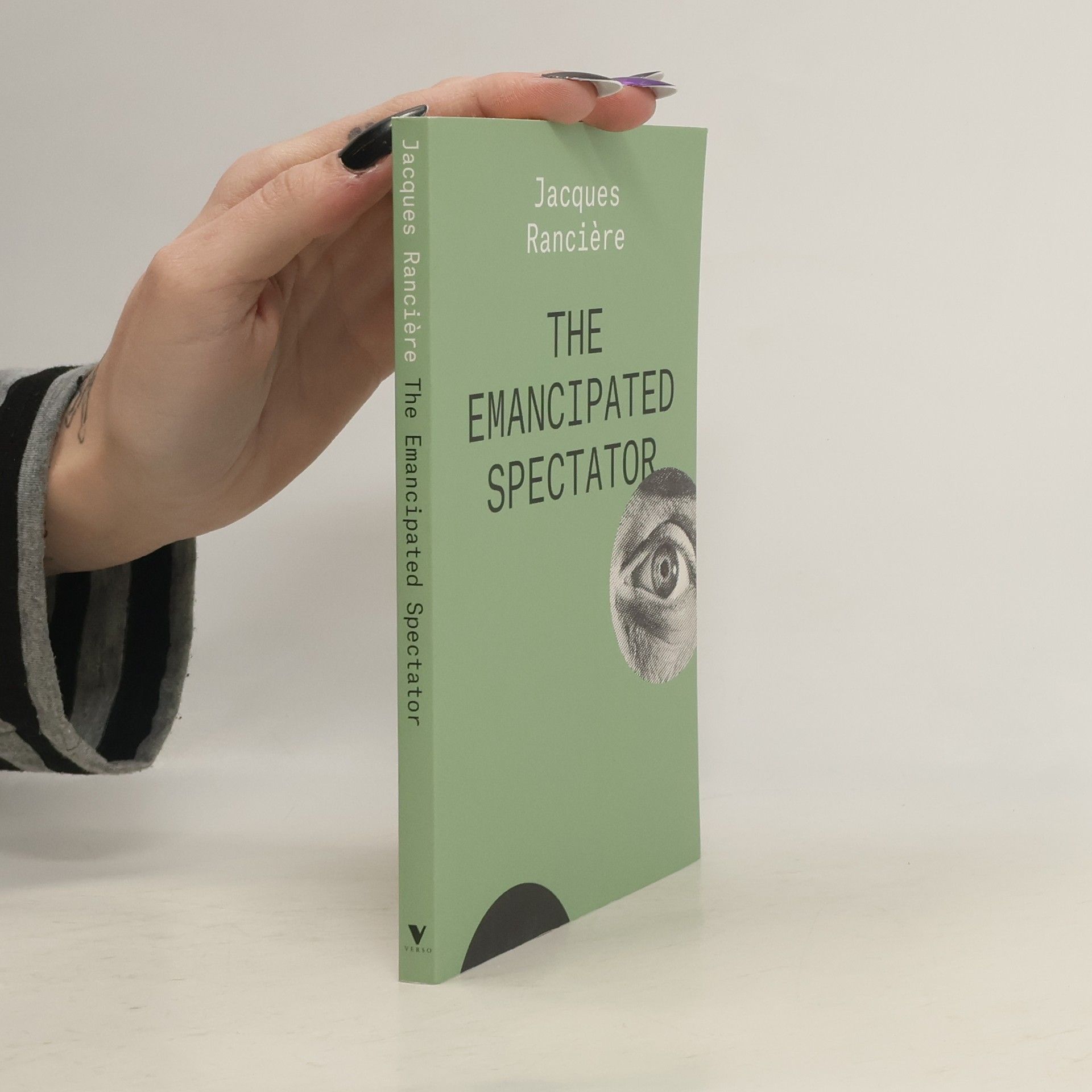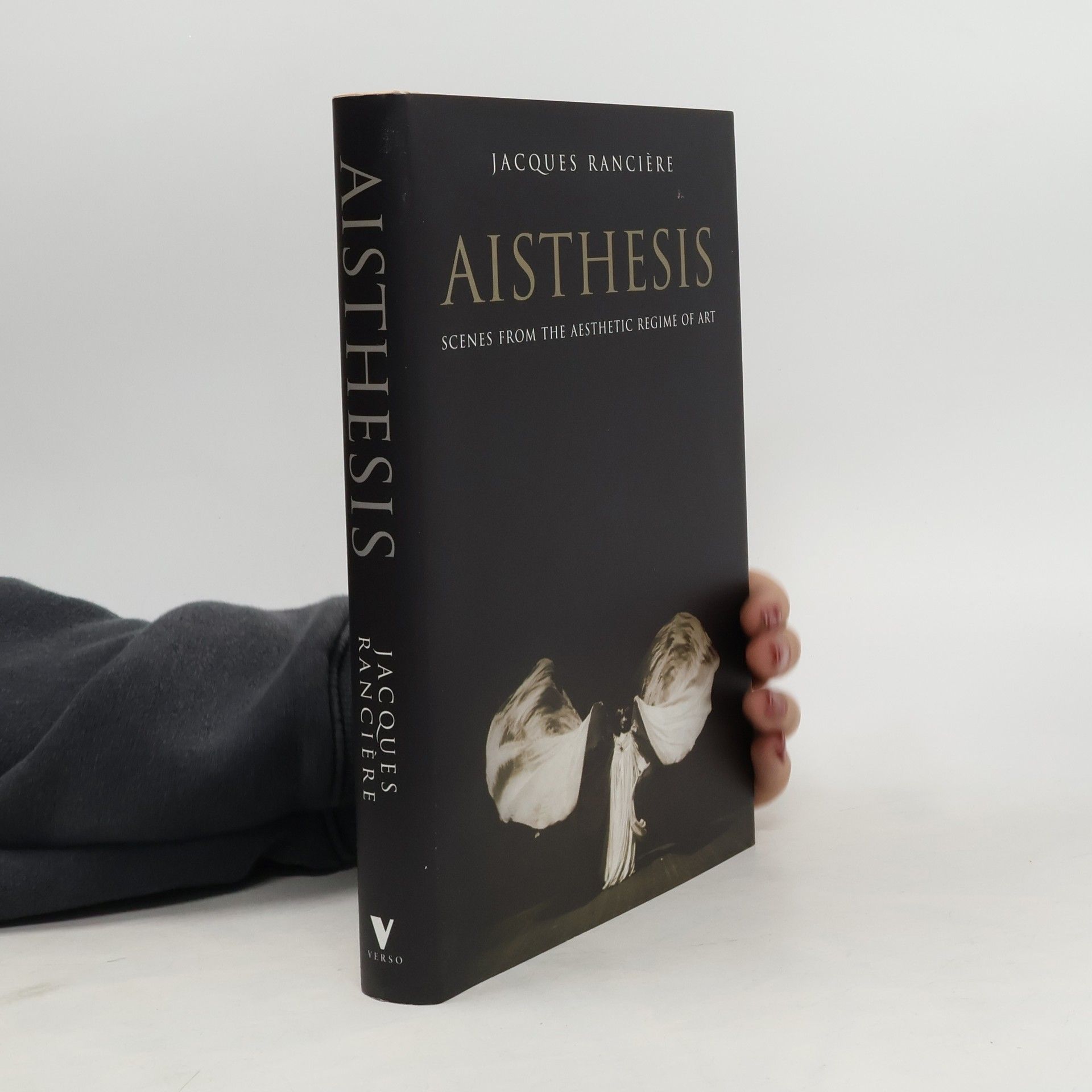Neshoda. Politika a filosofie
- 135 stránek
- 5 hodin čtení
Ranciére se zde vrací ke kořenům politické filosofie (Platon, Aristoteles, Hobbes), aby demonstroval, jakým způsobem se střetávání politiky a filosofie vždy profilovalo na pozadí ambivalentního vztahu k tomu, co nazývá "díl lidí bez podílu", tedy části společenství, která si v té či oné podobě přisvojuje hlas tohoto společenství jako celku (athénský démos, moderní proletariát). Na základě této analýzy potom rozlišuje tři hlavní typy politiky, totiž arche-politiku, para-politiku a meta-politiku a v závěru knihy formuluje "výhledy", zasazující předchozí rozbory do současného kontextu. Kniha bezesporu patří k nejzásadnějším příspěvkům k post-marxistickému filosofickému i politickému myšlení.







